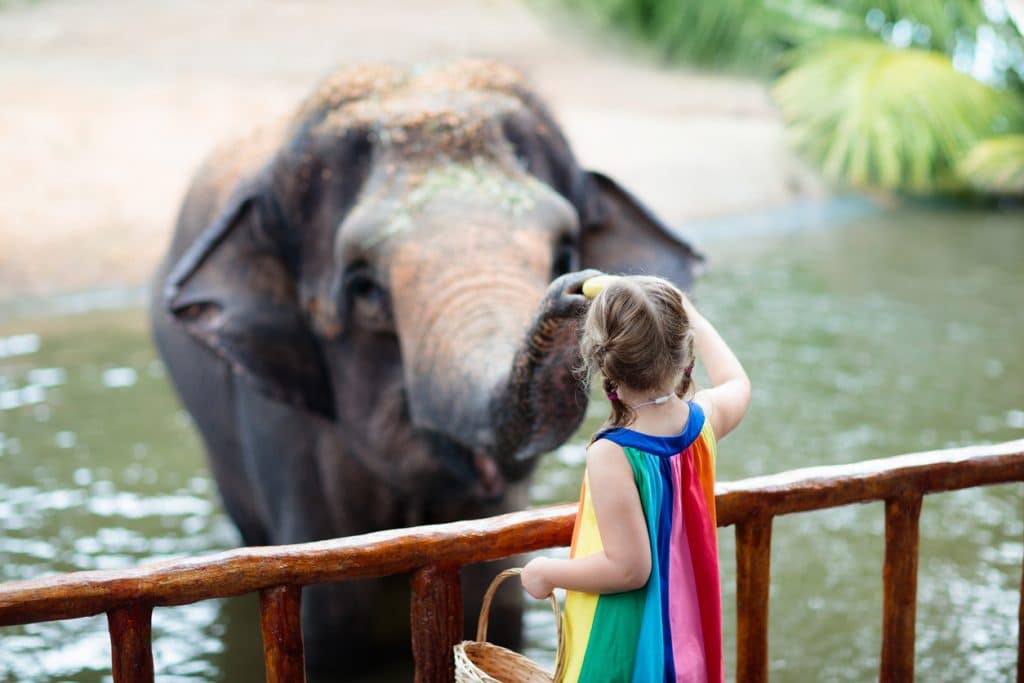For countless people across the globe, the zoo represents a bastion of education and conservation. Yet for others, it embodies an antiquated model of animal entertainment characterized by captivity and commercialization. While the debate continues, it’s undeniable that the face of zoos is evolving, propelled by innovations such as Zoo360 and developments in places like Paris Zoo.
The concept of the zoo as an institution dates back to ancient civilizations. Over time, these entities have transformed from menageries displaying exotic species for the amusement of the elite, into vital institutions committed to education, conservation, and research. Still, the controversy remains. The detractors argue that zoos inherently infringe on animal welfare by keeping animals in enclosures, while supporters believe they play a crucial role in protecting endangered species and educating the public about wildlife conservation.
The Future of Zoos: Ethics, Education and Technology
The zoo of the future is gradually emerging, driven by technology and a shift in societal attitudes toward animal welfare. The focus is now on creating spaces that more closely resemble animals’ natural habitats and providing a more immersive, educational experience for visitors.
In the vanguard of this transformation is the concept of “Zoo360”, pioneered by the Philadelphia Zoo. This revolutionary approach breaks down the traditional paradigm of animal enclosures, replacing them with interconnected networks of trails that enable the animals to explore and interact more freely. Not only does this provide a more fulfilling environment for the animals, but it also offers a more engaging and naturalistic experience for the visitors.
Zoo360 epitomizes a broader movement toward designing zoo environments with an emphasis on animal welfare and behavior. Such initiatives strive to enable animals to engage in their natural behaviors, thereby enhancing their physical and mental wellbeing. They also offer more enriching experiences for visitors, fostering a deeper understanding of and respect for the natural world.
New Frontiers: VR Technology and The Virtual Zoo
Technological innovation is playing an increasingly significant role in the evolution of zoos. Take, for example, the integration of virtual reality (VR) technology. As seen in the VR Zoo in Guangzhou, China, visitors don a pair of smart glasses to experience a plethora of extinct and endangered species in a way that would be impossible in traditional zoos.
This technology could redefine the purpose and role of zoos, shifting the emphasis from live animal exhibits to immersive, educational experiences. It offers the opportunity to “visit” remote or inaccessible habitats and to “see” species too rare, delicate, or dangerous to house in traditional zoos.
Case Study: Paris Zoo
The Paris Zoo exemplifies how zoos are reinventing themselves to meet the demands of the 21st century. After a significant renovation, it reopened in 2014 with five distinct ‘biozones’ designed to mimic the natural habitats of the species they house. The biozones represent various parts of the world, from the rainforests of Guyana to the vast plains of the Sahel-Sudan.
Rather than having animals in traditional cages, the animals in Paris Zoo live in environments designed to replicate their natural habitats as closely as possible. The objective is not just to improve the welfare of the animals, but also to educate visitors about the importance of biodiversity and the challenges facing these habitats due to human activities.
In Conclusion: The Zoo of Tomorrow
The zoos of the future are set to be far removed from their predecessors. Incorporating advanced technology, and driven by a more profound understanding of animal welfare, they will provide immersive, educational experiences that foster a deeper respect for the natural world.
From interconnected trail systems that offer animals more freedom, to the use of VR to bring extinct animals back to life, these institutions are innovating to stay relevant in a rapidly changing world. At the same time, they continue their essential work in conservation, research, and education, striving to strike a balance between human curiosity and respect for the wild creatures with whom we share our planet.
While the debate about the ethical implications of zoos will undoubtedly continue, these advances represent an encouraging step toward a future where these institutions play a pivotal role in fostering a greater understanding of and commitment to preserving the world’s biodiversity.
As zoos continue to evolve, they are moving away from being mere showcases of exotic species. Instead, they are becoming immersive centers of education, underpinned by a strong commitment to conservation, a renewed emphasis on animal welfare, and an unwavering dedication to fostering a more profound respect for our planet’s incredible biodiversity.

